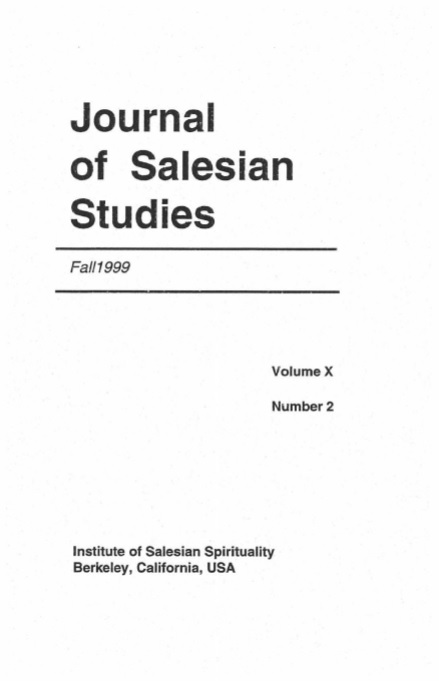L’Istituto delle FMA attraverso tutte le fasi del suo sviluppo ha cercato di confrontarsi continuamente con il Sistema Preventivo di don Bosco assumendolo come criterio pedagogico di azione. Infatti, questo metodo educativo vissuto da Giovanni Bosco e dai Salesiani viene accolto ed espresso al femminile da Maria Domenica Mazzarello e dalle sue prime consorelle e come tale resta lungo tutte le fasi della storia dell’Istituto quale modalità educativa e stile di vita che ha dato origine ad una vera e propria tradizione educativa al femminile. Pertanto, non è solo necessario ma è imprescindibile studiare, tematizzare, rivisitare il Sistema Preventivo non solo per renderne viva la memoria, ma per liberare il futuro incompiuto del passato.






